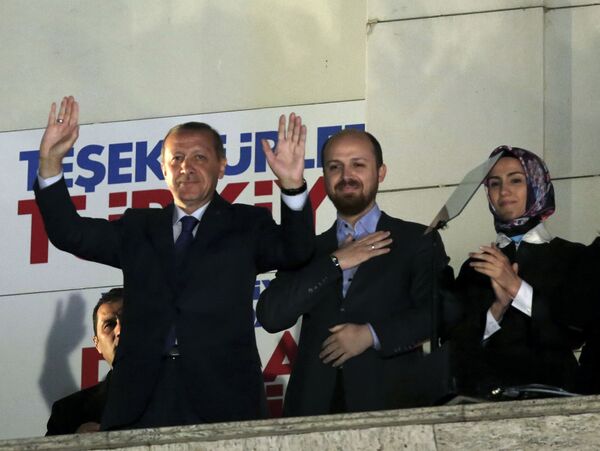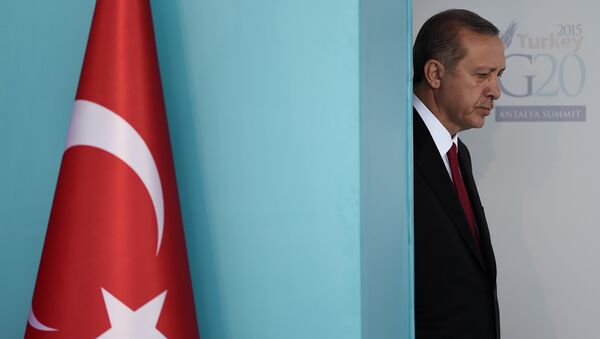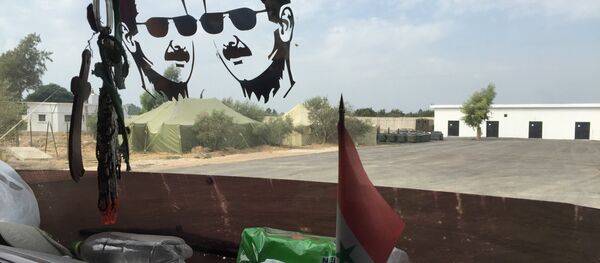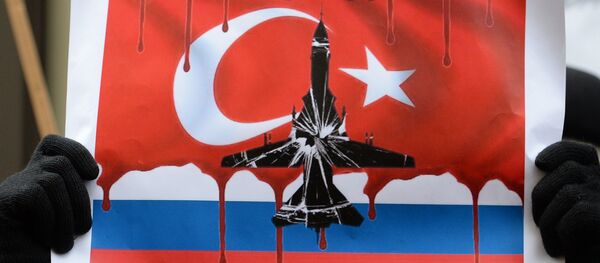Marcou recalled that since 2008, Turkey has pursued a foreign policy concept known as "zero problems with our neighbors" which allowed Ankara to develop closer ties with the Arab world and the countries of the region.
However, Turkey had to rethink the concept after the Arab Spring revolutions in the Middle East, something that resulted in the country becoming weak and isolated in the region, according to Marcou.

Currently, Turkey is suffering from the repercussions of the Syrian crisis, which led to refugee flows, terrorist attacks and deteriorating security, among other problems, Marcou said, adding that Turkey's political weight in the Syrian conflict has started to fade away.
"In my opinion, Turkey intervened because it tried to let Russia and the West know that it did not want reconciliation between the coalitions. However, this is exactly what has happened," Marcou said.
According to him, the West is also up in arms against reconciliation, which is why both NATO and the Western countries refrained from reproaching Ankara following the incident with the Russian warplane.
"Therefore, I think that the situation with the downed Russian aircraft allows [Turkey] to partly return to the game and show that its regional clout is still there despite its policy-related problems," Marcou said.
Ankara's downing of a Russian Su-24 frontline bomber over Syria on November 24, which claimed the life of a Russian pilot and a naval infantryman who was engaged in subsequent rescue operations, added significantly to the deterioration of ties between the two countries. Russia's President Vladimir Putin described the downing of the warplane as a "stab in the back" and decreed a series of economic restrictions against Turkey.




